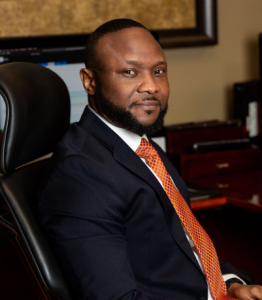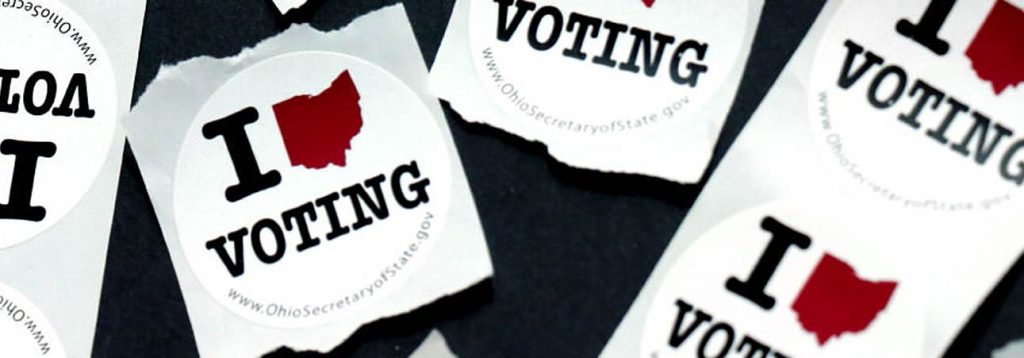 By Emmanuel Olawale Esq.
By Emmanuel Olawale Esq.
It became apparent to me on election night in 2016 that Donald Trump’s presidency was going to be very divisive the moment I felt an overpowering sense of betrayal from the people I knew who voted for him. I knew within one hour after he was declared the winner that his presidency was going to lead to massive realignments of relationships and that it was going to destroy many friendships, acquaintanceships and tear many families apart.
After Trump took the podium to give his victory speech, my closest friend at the time, who claimed he voted for Hillary, applauded the acceptance speech and pledged his allegiance to the president-elect in a Facebook post.
I was incensed by this quick flip-flop, mostly because he was an immigrant like me, a member of one of the targeted groups Trump trampled upon to reach the presidency. When Trump announced his candidacy, he did it basking in inglorious racism by describing Mexicans as rapists and criminals and promised to build a wall to keep them out. He pledged that Mexicans were going to pay for that wall. “Mexicans” are symbolic of all brown and black immigrants and other American minorities against whom the new president intended to discriminate.
I was shocked that someone I loved so much could flip so quickly to support a man who built his political career on birtherism. Birtherism is the racist claim that Barack Obama, the first African American president, was not born in the United States, despite incontrovertible evidence that he was.
I know that my education, law degree, or career will not save me if Trump unleashed his radicalized white supremacists to eliminate their caricatured foes
My friend followed up with other Facebook posts supporting the new president. I unfollowed him on Facebook shortly after as I could not stand to read those gushing posts about the president-elect. I felt betrayed and personally abandoned by an ally.
It didn’t get better. After learning that about 80% of white evangelicals voted for Trump, my family and I stopped attending our majority white evangelical church. Over the years, we have stayed in the church despite their apathy to racial and social justice. I remember walking out of a sermon in the summer of 2016 when the preacher, in response to the spate of killings of unarmed black men by police officers, offered the religious platitude that justice and salvation for the victims will be obtained in heaven. Yet, we went back to the church after my walkout. The election of Trump was a different matter, it was a mortal sin, unforgivable, and my family and I left without returning.
Trump’s presidency instigated a recalibration of relationships, and I severed those I found wanting. I couldn’t fathom how anyone could claim they love people like my family and me and support a man who was bent on denigrating us. A man who, in his bid to maintain power, could incite a race war, putting my life and the lives of those I love in peril, yet knowing that someone I know wittingly or unwittingly used their vote to support such an atrocity was unacceptable.
I feel endangered by Trump’s presidency, and I am not alone with this feeling. He has built the divisive wall, and we are paying for it. I know that my education, law degree, or career will not save me if Trump unleashed his radicalized white supremacists to eliminate their caricatured foes. We see that already in Kenosha, as armed militias are running amok, openly carrying AR-15’s to use against protesters for racial justice, while they are egged on by the president.
The upcoming presidential election for people like me, is not just political; it’s personal.
We are approaching it as if our lives depend on it. We feel like baits the president is using to attract white supremacist hunters. We feel endangered and unprotected by a president bent on holding on to power by using racial and social division.
(Emmanuel Olawale is an attorney based in Columbus, Ohio. He is the host of the podcast, Legal Angle, and the author of “The Flavor of Favor: Quest for the American Dream.” He can be reached at emmanuel@olawalelaw.com.)




































Leave a Reply
You must be logged in to post a comment.